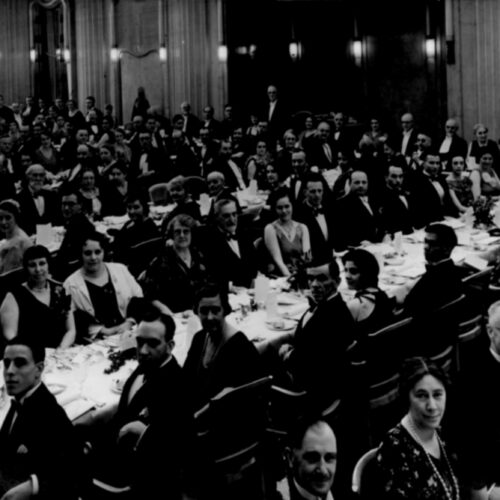

The Rationalist Press Association (later known as simply the Rationalist Association) had its origins in the London print works of Charles Albert Watts, and among a group of freethinkers who sought to promote secularist and atheist materials, and to highlight the intellectual richness of the secularist movement. Watts’ Propagandist Press Committee became the Rationalist Press Committee, and subsequently the Rationalist Press Association, printing a vast range of scientific, philosophical, and freethought works, alongside Watts’ Literary Guide (now the New Humanist).
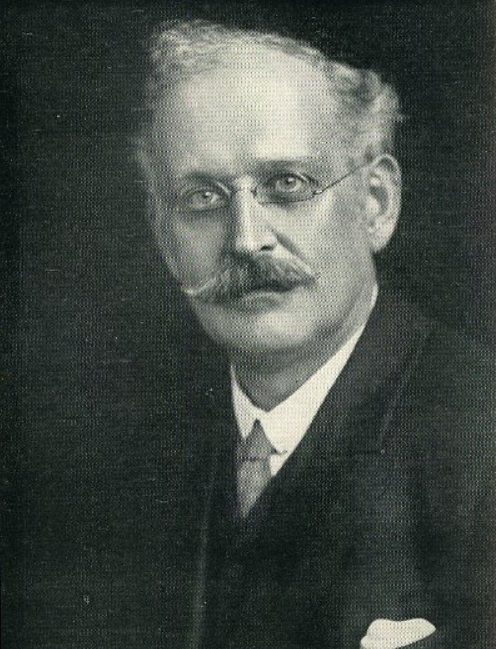
Charles Albert Watts was the son of another prominent freethinker, also Charles, who had been the founding Secretary of the National Secular Society. Charles Albert had taken over the publishing business from his father, and in 1885 established a journal: Watts’s Literary Guide. The Guide, which began with a modest eight-page issue, intended to print ‘literary gossip’, and record ‘the best liberal publications’, as well as keeping its readers up to date on the freethought movement and its leading lights.
The Propagandist Press Committee, which would become the Rationalist Press Association, was formed to support the work of the Guide. It soon boasted a long list of subscribers from throughout the world, and an expanded offering of 20 large pages. Watts & Co. also published a diverse array of pamphlets, followed by a series of affordable reprints which brought the works of Victorian sceptics like Charles Darwin, T.H. Huxley, and John Stuart Mill to a wider, working class public.
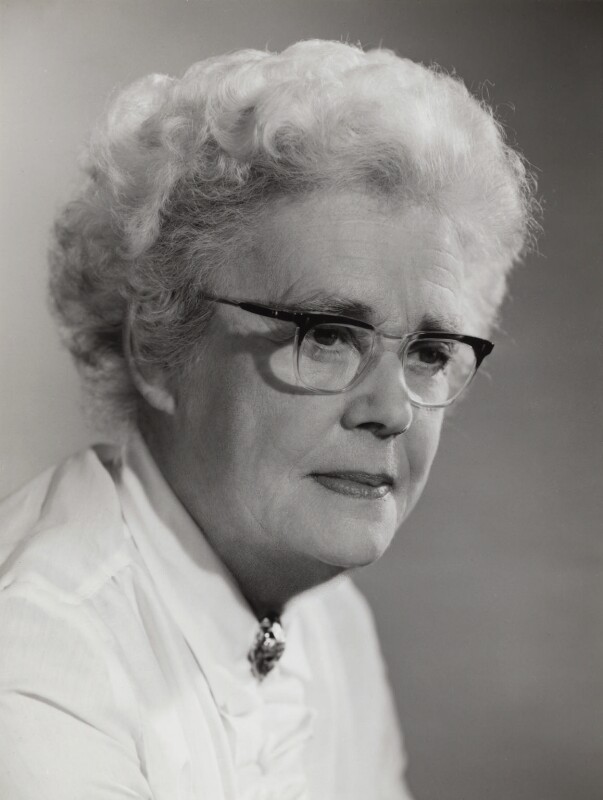
The 1920s saw the beginning of the Thinker’s Library, which printed 140 volumes over the course of two decades from 1929. In 1927, what had begun in 1884 as the Agnostic Annual became the Rationalist Annual, continuing a tradition of publishing the generation’s leading thinkers. The first issue under this new name included contributions from Bertrand Russell, Stanton Coit, and Horace Bridges, all major figures in the Ethical and humanist movement. In 1928, the Rationalist Benevolent Fund was established to provide for the ‘relief of distressed rationalists.’
The Literary Guide (which had dropped its founder’s name in 1894), became The Humanist in 1956. The October issue carried congratulations on the change from Bertrand Russell, Barbara Wootton, Margaret Knight, and Julian Huxley: Russell being President, and the others Honorary Associates, of the RPA. Huxley wrote:
I am delighted to hear that Literary Guide will in future be published under the title of The Humanist. Humanism seems to me to express better than any other single term the attitude of the numerous group of people who are unable to accept irrational theories and authoritarian dogmas. It implies attaching importance to all essential human attributes and values – morality as well as science, art as well as reason.
The 1950s and 1960s saw collaboration between the Rationalist Press Association and the Ethical Union (now Humanists UK), in which Harold Blackham played a leading role. A Humanist Council was established, and a meeting in 1957 led to the launch of the Humanist Association to investigate amalgamation. The Humanist Association was replaced in 1959 by a coordinating Humanist Council, and in 1963 the Rationalist Press Association and Ethical Union sponsored an ‘umbrella’ British Humanist Association. Its inaugural meeting took place in 1963 at the House of Commons. The Ethical Union’s loss of charitable status forced the RPA to withdraw from this umbrella organisation, and in 1967 the Ethical Union formally changed its name to the British Humanist Association, which became Humanists UK in 2017.
Nearly 70 years on from those first merger attempts in the 1950s, the Rationalist Association merged with Humanists UK in January 2025. This change saw Humanists UK becoming the publisher of New Humanist. The original Rationalist Press Association company established in 1885 continues to exist as the Rationalist Press, the publishing arm of Humanists UK.
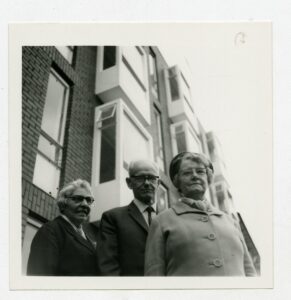
It is essential to get it recognised that good and graceful living is sufficient in itself; further, that this is […]
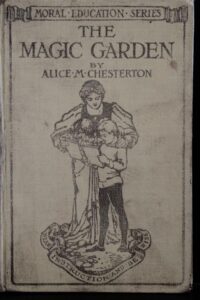
Its aim will be to secularise education and make moral training the chief aim of the school life. A great […]
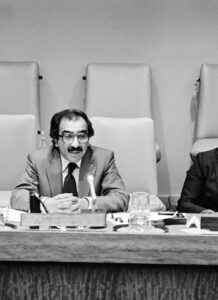
Can there be a more important human condition than dignity? Without it, we are bitter, downtrodden, unheard, humiliated, embarrassed and […]
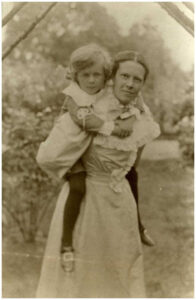
Julia Huxley was a feminist and freethinker, who profoundly influenced a generation of girls who attended the school she founded […]